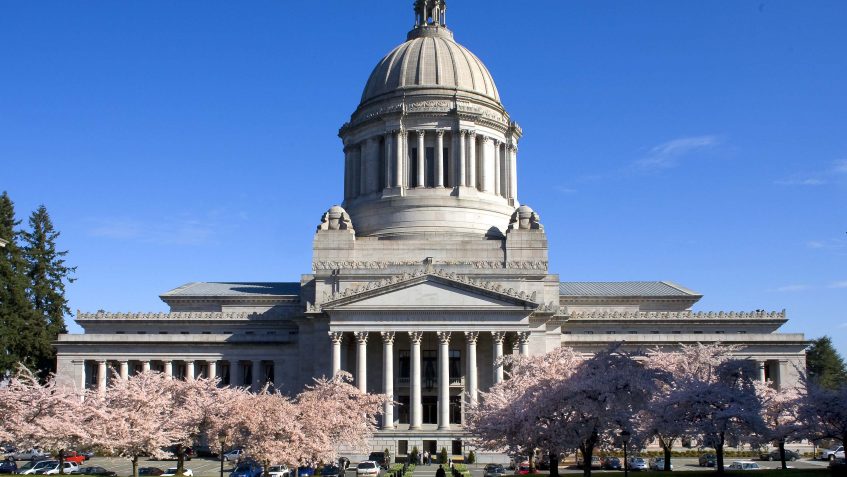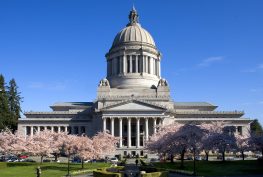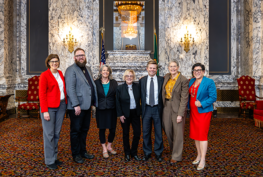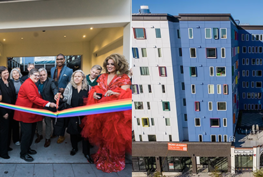Washington state has been fortunate for many years to have courageous champions in the state Legislature who stand up for historically-marginalized communities. Their work on behalf of communities of color, immigrants, and the LGBTQ community helped our state advance civil rights protections long before other states or the federal government. Here are highlights of the progress we made in 2019.
LGBTQ rights

The nine LGBTQ members in the House and Senate work closely together to address inequities affecting the LGBTQ community. This year we celebrated the passage of several important bills:
- SB 5332 modernizes the state’s 1950s-era vital records statutes, which govern birth, death, and marriage records. The revised statute will conform to our updated Uniform Parentage Act, recognizing that families come in many configurations. It also confirms in statute the right to have a non-binary gender marker on records.
- HB 1732 replaces the term “malicious harassment” with the better understood “hate crime” and increases the punitive damages that a victim may seek.
- SB 5602, the Reproductive Health Access for All Act, guarantees access to reproductive health services regardless of sexual orientation or gender identity or expression for all plans regulated by the state.
- SB 5356 creates a Washington State LGBT Commission and designates June of each year as LGBTQ month.
- SB 5689 requires the state school directors association and the state superintendent of education to develop and update a model transgender student policy to eliminate discrimination based on gender expression in public schools.
- SB 5027 adds a prior conviction for a hate crime to the list of factors a court must consider in determining whether to issue an extreme risk protection order.
Equality and opportunity
In 1998, voters approved I-200 to ban the use of affirmative action in public education, employment and education. After 20 years of experience with the consequences, nearly 400,000 people signed Initiative 1000 and sent it to the Legislature. In the final hours of the 2019 session, the Legislature passed I-1000 into law, which will:
- Define “affirmative action” to mean a permissible policy in which the use of race, gender or similar characteristics “are factors considered in the selection (of individuals) for public education, employment and contracting.”
- Define “preferential treatment” to mean an impermissible policy in which race, gender or similar characteristics are the sole qualifying factor to select a less-qualified candidate.
- Expand the list of characteristics to include (in addition to sex and race): age, sexual orientation, disability, and military/veteran status.
- Create a Governor’s Commission on Diversity, Equity and Inclusion, responsible for ensuring compliance with the measure.
Protecting our immigrant neighbors
Our state’s booming economy relies on a talented workforce. That includes thousands of immigrants who call Washington home. In recent years, federal law enforcement authorities have sought to make state and local law enforcement collect and report immigration status information that is unrelated to the commission of a crime. SB 5497 prohibits local authorities from asking about people’s immigration status and directs the state to develop model policies limiting immigration enforcement in public schools, public health facilities, courthouses and shelters.
Over the next several weeks, I’ll continue to share updates on issues the Legislature addressed this year. If you missed my previous updates on our efforts to reduce gun violence or improve health care, you can read those here.




